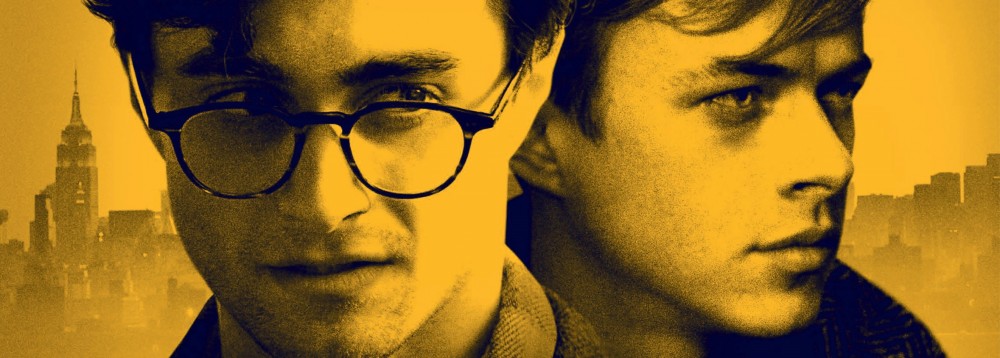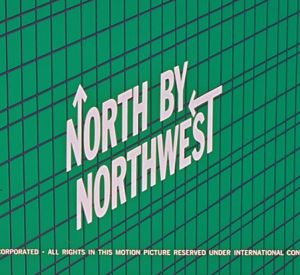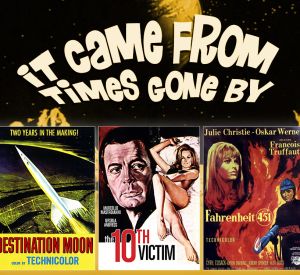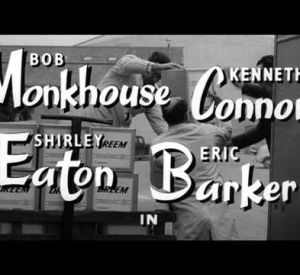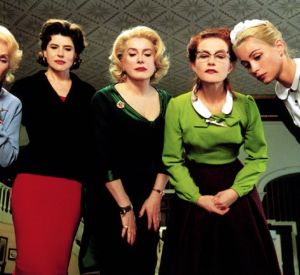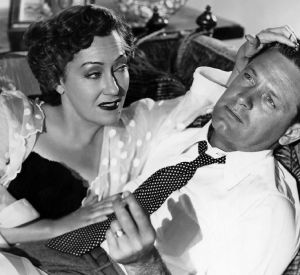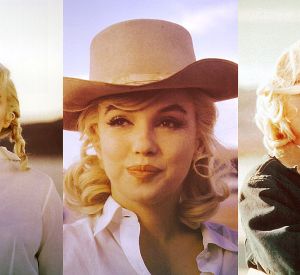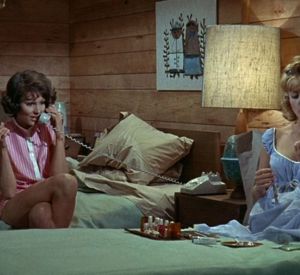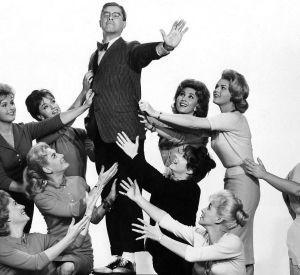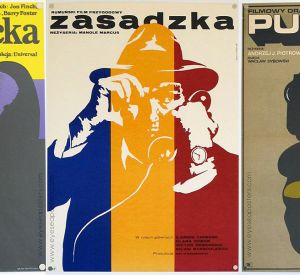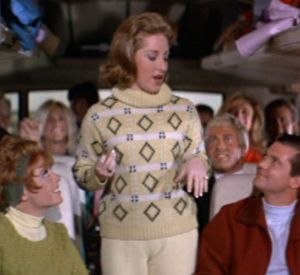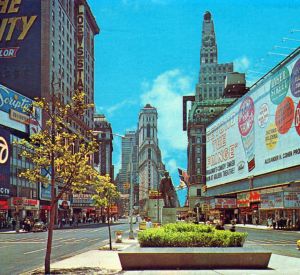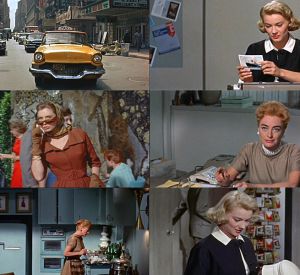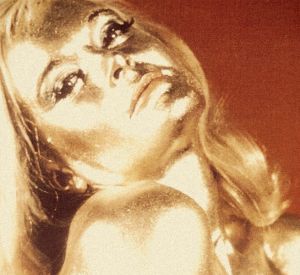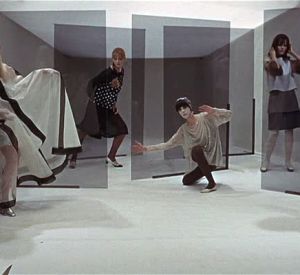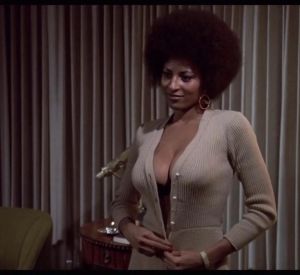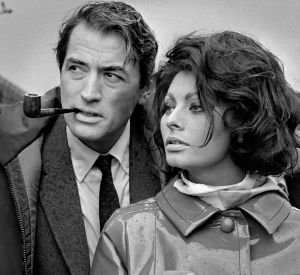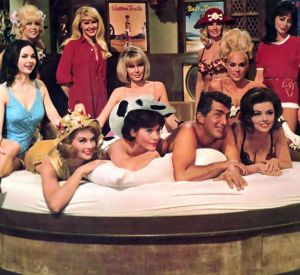Kill Your Darlings
Kill Your Darlings begins in the early 1940s, with Allen Ginsberg (Daniel Radcliffe) surprising his poet father with the news that he has been accepted into New York’s Columbia University. His mother’s mental issues have forced him to grow up fast but Ginsberg is still unworldly, and a chance meeting with fellow student Lucien Carr opens his eyes to a world of strong drugs, freeform jazz and, most confusing of all, sex.
Carr is a guru of sorts, giving Ginsberg new and subversive ideas about art and literature, but behind him at all times hovers the spectre of David Kammerer (Michael C Hall), a much older man – an obsessed and mysterious “guardian angel” – who cannot let him go. That Carr would one night murder Kammerer is well documented in all useful Beat biographies, but director John Krokidas really gives substance to this still-fascinating story, not simply by recounting it but giving it some much-needed context.
Like Kammerer, the young Ginsberg becomes sexually fixated on Carr too, but Krokidas smartly doesn’t use this as a gay awakening story, rather as a turning point in this wide-eyed, middle-class boy’s life. Which turns out to be the film’s beauty; Krokidas perfectly isolates the Carr-Kammerer affair as a milestone in Beat history, forcing the three key players – Ginsberg and writers Jack Kerouac (Jack Huston) and William S Burroughs (Ben Foster) – to question their place in history and society.
Besides the visual time machine of your mind this film provides, it does create a true sense of energy and passion, for once eschewing the clacking of typewriter keys to show artists actually talking, devising, and ultimately daring each other to create and innovate. And though it begins as a murder-mystery, Kill Your Darlings may be best described as an intellectual moral maze, a story perfectly of its time and yet one that still resonates today.


